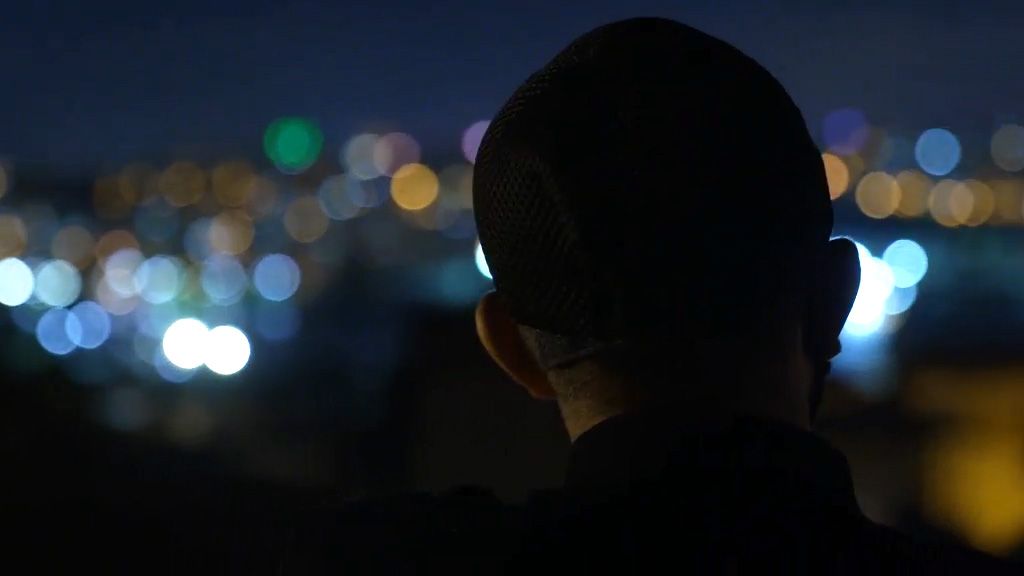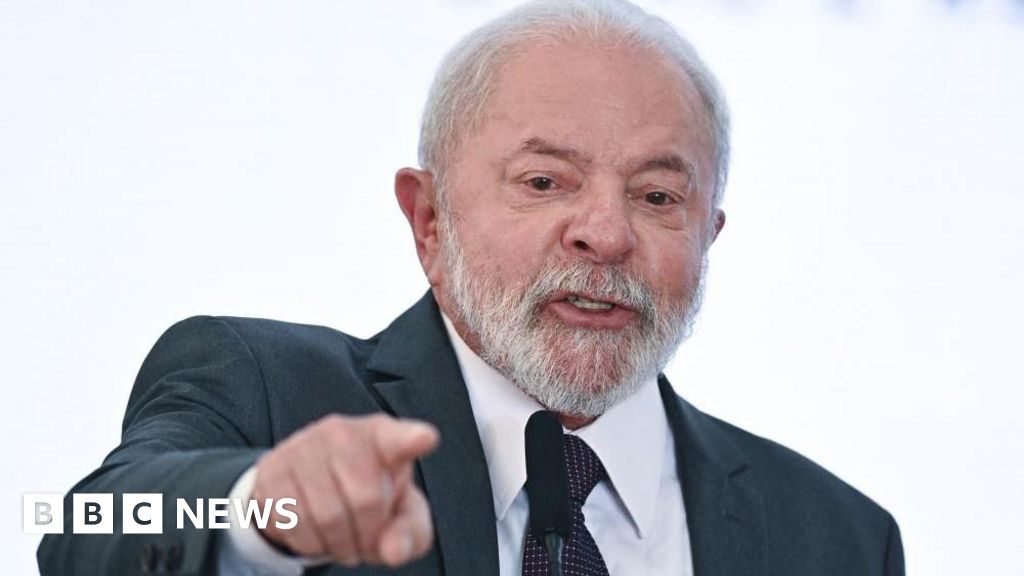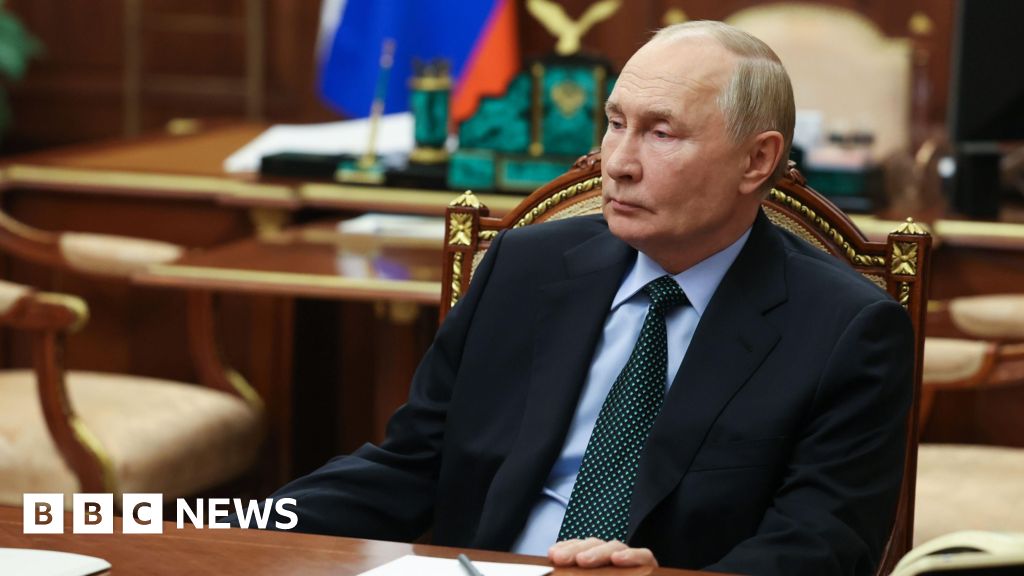ARTICLE AD BOX
By Jane Corbin
BBC Panorama

A people smuggler says the UK government's plan to send asylum seekers to Rwanda is no deterrent for his customers. Jane Corbin meets him at his base in Turkey.
Night is falling as I make my way up the creaking stairs of a safe house in an anonymous alleyway in Istanbul, Turkey. I'm here to meet a kingpin in the people-smuggling trade - it has taken months to arrange, working through a trusted intermediary. It is the culmination of a BBC Panorama investigation into how thousands of migrants end up on the beaches of southern England claiming asylum.
The people smuggler is from the Middle East - young and softly spoken, smartly dressed in black. He has agreed to tell me about his business if we do not reveal his identity. His bodyguards discreetly keep watch outside the house.
I challenge him that smuggling people is illegal: "I know this is not legal," he says, "but for me it's about humanity - that's worth more than the law. We help people, we treat them well, we respect women - we don't disrespect or hurt anyone."
Nearly 2,000 people died in the Mediterranean Sea last year.
In April, the UK government signed a £120m deal with Rwanda to send some migrants, mostly single men, to Africa to have their asylum claims processed.
Image source, Getty Images
Image caption,More than 30,000 migrants have crossed the English Channel already this year
The government said the aim was to smash the business model of the people smugglers and stop record numbers of people making the dangerous English Channel crossing.
More than 30,000 have crossed already this year, about as many as the whole of last year.
The people smuggler sends hundreds of migrants to the UK. He readily admits his trade is very profitable and says he runs it like a businessman.
"It doesn't matter if it's a whole family or an individual - each person pays the same price," he says. "A trip to Britain will cost $17,000 [about £15,000] in total."
So how can he justify putting people's lives at risk in dangerous sea crossings in flimsy boats?
"Accidents can happen. We try and scare people to dissuade them," he claims. "I say to them, 'This road is dangerous and not worth it. You could die. And I tell his mum and his dad too.'"
He shows us a form - a disclaimer he says he gets customers to sign, acknowledging the risks.
Istanbul is the gateway between Asia, the Middle East, Africa and Europe - and this black market trade is booming here.
Marketing is competitive. On social media, smugglers offer different rates depending on the destination.
There are fake passports and British driving licences for sale. Even sample questions from British Home Office officials to prepare migrants for a grilling.
At night, migrants are taken in vans from Istanbul to the mountains, where they walk down to the Mediterranean
The people smuggler collects his clients in safe houses in this sprawling city, which is home to about five million refugees. They are packed into small rooms, where they can wait months while their passage is arranged. His gang brings them food and water from local supermarkets.
"We put them in a house and wait for everything to be prepared. And when it's ready we take their phones so the cops can't find out about us," the people smuggler explains.
Then the migrants are taken in a van at night from Istanbul to the mountains. They walk in groups or six or ten, down to the Mediterranean, to one of the people smuggler's boats.
They are bound for Greece or Italy.
Jane Corbin investigates the smugglers who get people into Britain, and finds out what the government's plan to send asylum seekers to Rwanda means for those attempting the potentially deadly journey.
The people smuggler denies it, but there have been allegations a migrant died on his boats.
He shows us some videos - dozens of young men crammed on the decks of boats waving, shouting, thanking him. These are not just testimonials, they are proof they have made the crossing.
The money they have paid for the trip is held by middlemen and not released until the families can see they are safe. The smuggler even runs a luxury VIP service for clients who can pay more.
The migrants then make their way through Europe to the shores of northern France and, for some, their ultimate goal - crossing the English Channel to get to the UK. There's a network of criminal gangs along a 100km (60 mile) stretch around Calais, a franchise operation to help the people smuggler in Turkey get his clients across the final hurdle.
"We buy a small dinghy. It costs about $10,000-$20,000," the people smuggler says. "One of the passengers gets a free trip in return for navigating the boat. They just go straight and when they get there, they just turn themselves over to the police," he says. He is anxious now to leave - his bodyguards fear they'll be discovered.
The last time I saw the people smuggler in Istanbul he was buying a new boat. His business, far from being smashed, is still going strong. Record numbers are still crossing the Channel, while the UK government has been back in the courts to argue that its Rwanda plan is safe and legal. A ruling on whether it can start deportations is expected next month.
Will the government's strategy make any difference? I asked him.
"Even if they send 1,000 people a day to Rwanda, people won't stop, or change their decision," he said emphatically. "If they are not afraid of death, they won't be afraid of going to Rwanda."

 2 years ago
17
2 years ago
17








 English (US)
English (US)